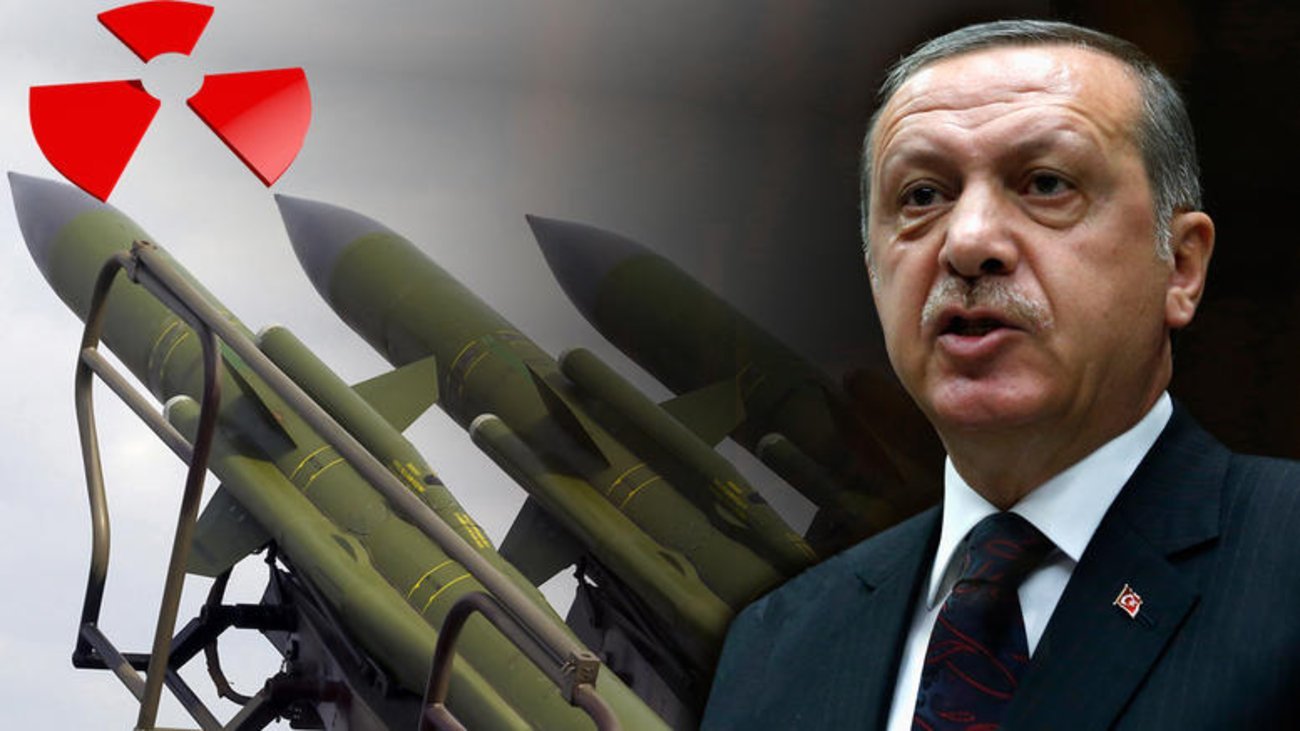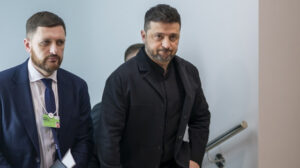Amid the recent self-congratulatory celebrations of the North Atlantic Treaty Organization’s 70th anniversary, there was no mention one of its strangest policies: the nuclear sharing program that keeps American nuclear bombs in five NATO countries (Belgium, the Netherlands, Germany, Italy and Turkey) and trains host air forces to use them. Thus at Incirlik Air Base in Turkey, about 100 miles from the Syrian border, the United States stores some 20 to 80 B61 nuclear weapons for delivery by Turkish or American aircraft. There is not much comfort in knowing that these weapons are under direct American control in heavily guarded bunkers and are designed to be unusable without the proper codes. It is time to bring them home.
American-Turkish relations are not good and are likely to turn worse. Kurds populate parts of Turkey’s border with Syria and Iraq and have been our close ally in the struggle with the Islamic State, but are regarded by the Turks as secessionists and terrorists. The United States has promised not to abandon the Kurds as it has in the past, but that promise puts the United States’ hopes to stabilize the region on a collision path with Turkey.
Complicating the relations are Turkey’s attempts to acquire Russian military technology, most notably the S-400 air defense system, while remaining part of United States’ F-35 stealth fighter program. Turkey is an industrial partner in the F-35 program and is scheduled to purchase 100 of the aircraft. The first of Turkey’s F-35s are ready for delivery. But Turkey is also scheduled to receive soon the first components of the Russian S-400 system it has purchased, which American military officials have said is incompatible with Turkish possession of the F-35; The fear is that details of the fighter’s stealth features and performance will be revealed to the Russians who will help maintain the S-400.
Read more HERE
Ask me anything
Explore related questions





